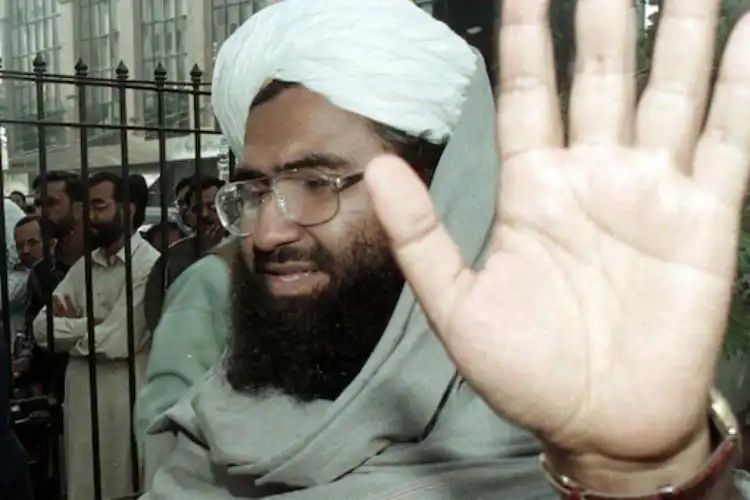New Delhi
The State Department of the United States has said Pakistan did not take steps to prosecute terrorists such as Jaish-e-Mohammad founder Masood Azhar and Lashkar-e-Toiba’s Sajid Mir, the masterminds of the 2008 Mumbai attacks, even as a court punished Lashkar chief Hafiz Saeed, another key person in the case, for terror financing charges.
The State department’s ‘Country Reports on Terrorism 2020: Pakistan’ released recently said although Pakistan took steps to “counterterror financing and to restrain India-focused militant groups, it made limited progress on the most difficult aspects of its 2015 National Action Plan on counterterrorism, specifically in its pledge to dismantle all terrorist organizations without delay or discrimination.”
Terrorist groups targeting India, including the Lashkar-e-Taiba (LeT) its affiliates, and Jaish-e-Mohammed (JeM) have continued to operate from Pakistani territory, the US said in a new report.
Pakistan did not take action against other known terrorists such as JeM founder and UN-designated terrorist Masood Azhar; and 2008 Mumbai attack "project manager" Sajid Mir; both of whom are believed to remain free in Pakistan, it added.
The report said although Al Qaeda has weakened, its regional affiliate in the Indian subcontinent (AQIS) has continued to operate from remote locations that have served as safe-havens.
On countering violent extremism, the report said Islamabad operated five “deradicalization” with cooperation between an NGO and the Military yet “some madrasas continued to teach violent extremist doctrine. While the government continued efforts to increase madrassa regulation, some analysts and madrassa reform proponents observed that many madrassas failed to register with the government, provide documentation of their sources of funding, or comply with laws governing acceptance of foreign students.”
Regionally, however, terrorist groups continued to operate from Pakistan. Groups targeting Afghanistan, including the Afghan Taliban and the affiliated Haqqani Network, also continue to operate, the report said.
Pakistan made additional progress in 2020 toward completing its Financial Action Task Force (FATF) Action Plan, but did not complete all Action Plan items, and remained on the FATF 'grey list'.
On another high-profile terror case executed on Pakistani soil, the report said, “The Sindh High Court overturned the 2002 convictions of Omar Sheikh and three co-conspirators for the 2002 kidnapping and murder of US journalist Daniel Pearl on April 2 and ordered their release.” Sheikh remained detained while provincial and federal officials' appeals continued through the end of the year.
On India. The report said its counterterrorism forces, at the federal and state levels, actively detected and disrupted transnational and regional terror forces.
The National Investigation Agency examined 34 terrorism-related cases related to the Islamic State terror group and arrested 160 persons, including 10 alleged Al Qaeda operatives from Kerala and West Bengal, in September, the report said.

